Introduction
For law firms looking to quickly attract clients, Pay-Per-Click (PPC) advertising is one of the most effective tools available. While SEO builds long-term visibility, PPC offers immediate exposure to people actively searching for your legal services. When managed correctly, PPC campaigns can deliver high-quality leads and a strong return on investment (ROI).
This guide will walk you through the fundamentals of PPC advertising for law firms, from campaign setup to optimization strategies that boost performance.
1. Understand Why PPC Works for Law Firms
PPC ads place your law firm at the top of search engine results for high-intent keywords. When someone searches “personal injury lawyer near me,” your ad can appear before organic listings, capturing their attention at a critical decision-making moment.
2. Choose the Right PPC Platform
For most law firms, Google Ads is the best starting point, followed by Bing Ads and occasionally social media advertising.
- Google Search Network: Best for high-intent searches
- Display Network: Builds awareness through visual banner ads
- Remarketing: Targets visitors who have already interacted with your site
3. Target High-Intent Keywords
Not all clicks are equal. High-intent keywords convert better but often cost more per click.
Example: “Free consultation criminal defense attorney” will likely lead to a higher conversion rate than “criminal defense process.”
4. Use Geographic Targeting
Restrict your ads to your specific service areas. This ensures you don’t waste budget on clicks from locations you don’t serve.
5. Write Compelling Ad Copy
Your ad headlines and descriptions should highlight your expertise, unique value proposition, and a strong call-to-action (CTA).
Example: “Injured? Speak to a top-rated attorney today — Free Case Review.”
6. Optimize Landing Pages
Your PPC campaigns are only as effective as the pages they lead to.
- Include a clear headline and CTA
- Keep the form short and simple
- Display trust signals (reviews, certifications, case results)
7. Implement Call Tracking
For law firms, many leads come via phone calls. Call tracking helps you measure which ads and keywords generate the most calls, improving your campaign targeting.
8. Monitor and Adjust Bids
Regularly adjust bids based on keyword performance. Increase bids for high-converting keywords and reduce bids for underperforming ones.
9. Use Negative Keywords
Negative keywords prevent your ads from showing for irrelevant searches. For example, adding “pro bono” as a negative keyword avoids wasting clicks from people seeking free services.
10. Track ROI and Optimize Continuously
Use Google Ads reports and analytics to measure conversions, cost per acquisition, and ROI. PPC is an ongoing process — campaigns should be refined based on real performance data.
Table: PPC Tactics for Law Firms
| PPC Tactic | Primary Benefit | Timeframe for Results |
|---|---|---|
| High-Intent Keywords | Generates more qualified leads | Immediate |
| Geographic Targeting | Focuses spend on service areas | Immediate |
| Compelling Ad Copy | Improves click-through and conversion rates | 1–2 weeks |
| Optimized Landing Pages | Increases lead capture rate | Immediate |
| Call Tracking | Identifies top-performing ads and keywords | 1–2 weeks |
| Negative Keywords | Reduces wasted ad spend | Immediate |
| Bid Adjustments | Maximizes ROI by reallocating budget | Ongoing |
Conclusion
PPC advertising can be a game-changer for law firms seeking quick and targeted results. By focusing on high-intent keywords, precise location targeting, and continuously optimizing campaigns, you can attract more qualified leads while controlling costs.
When paired with a strong SEO strategy, PPC ensures your firm is visible both immediately and in the long run — helping you dominate search results and capture client attention at every stage of their decision-making process.


